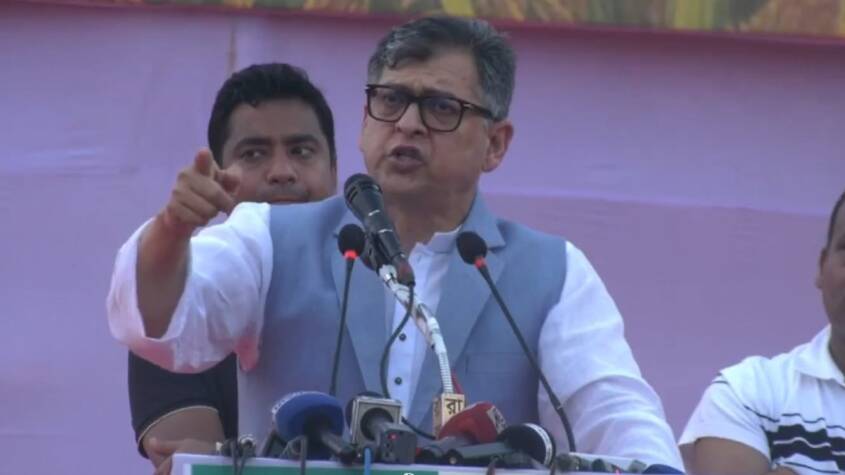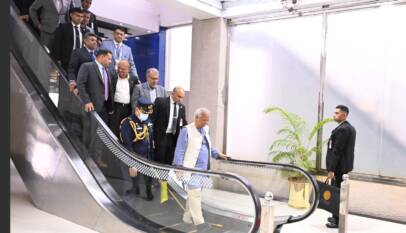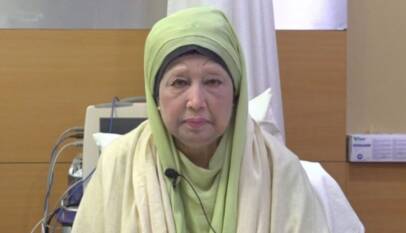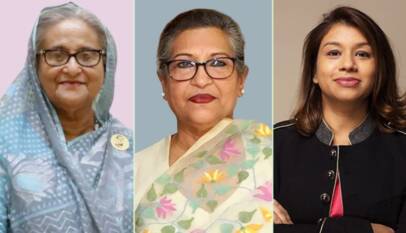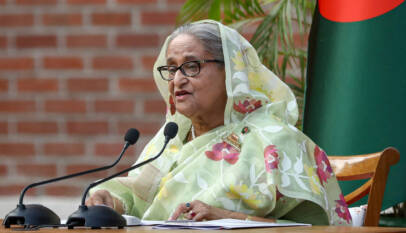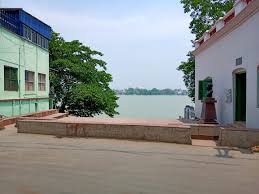BNP Urges Interim Govt to Notify EC on Election; Concerns Grow Over Reforms and Public Demands
BNP Standing Committee member Salahuddin Ahmed has urged the interim government to promptly inform the Election Commission (EC) of its decision to hold the upcoming national election. Speaking at a discussion organised by Nagorik Oikya at the Jatiya Press Club, he emphasised the importance of moving forward toward democratic transformation.
“We call on the interim government, on behalf of the people and in support of democracy, to take the necessary steps so that we can move quickly towards a democratic transition,” he stated.
Salahuddin referred to a closed-door meeting in London last Friday between Chief Adviser Muhammad Yunus and BNP Acting Chairman Tarique Rahman. He said the decisions reached during that meeting must now be formally communicated to the EC so that the commission can publicly acknowledge receipt of an advisory or directive from the government. He underscored the need to follow constitutional procedures, noting that the interim government would ultimately require ratification from the next elected parliament.
In response to a question from Revolutionary Workers Party leader Saiful Haque, Salahuddin denied that any discussion on granting impunity to individuals had taken place during the London talks. “No, there was no discussion regarding anyone’s impunity during the talks in London,” he clarified.
He also reaffirmed that the interim advisory council had been established under Article 106 of the Constitution and in line with a Supreme Court advisory ruling. “The chief adviser and the advisory council are functioning within the existing constitutional framework,” he said. He added that according to the Constitution, advisers are granted the status of ministers and must meet the eligibility requirements for Members of Parliament under Article 66, which bars individuals with foreign citizenship or other disqualifications.
Salahuddin reiterated that any arrangements made by the interim government must be ratified by the next parliament. “If ratification is required, we will consider how that legitimacy will be granted, in what place, and in what manner,” he said.
Meanwhile, the tentative agreement between the government and BNP to hold the national election in February—about a week before Ramadan—has been welcomed by four political parties and one alliance. However, criticism has emerged from other quarters.
The National Citizen Party (NCP), in a strongly worded statement, expressed dissatisfaction over what it described as the government’s preferential treatment of BNP’s demands. The party lamented that critical issues such as justice and reform following the July uprising were not adequately addressed in the ongoing discussions.
“While the discussion regarding the election timing received significant attention, the key demands of citizens in post-uprising Bangladesh—namely justice and reform—were not given the same importance. The National Citizen Party finds it extremely frustrating,” the statement read.
The NCP further warned that holding elections without addressing these core concerns would undermine the sacrifices made during the uprising and reduce the process to a mere power transition. “If the election is held before the July Charter and a clear roadmap to prosecute atrocities committed during the mass uprising are adopted, then the polls will merely suppress the people’s aspiration for rebuilding the state,” the party cautioned.
The statement added that if an election date is announced without meeting these demands, public backlash is likely. “If the government announces an election date before fulfilling these demands, the people will not accept it.”
Calling for national consensus, the NCP urged the interim government to engage in dialogue with political parties to resolve reform issues and implement the July Charter, a proposed framework to address justice and accountability in the post-uprising period.
Echoing this sentiment, Ahsanul Mahboob Zubair, Assistant Secretary General of Jamaat, told The Daily Star that elections should only be conducted after the adoption of the July Charter, implementation of key reforms, and a transparent trial process for those responsible for the killings during the uprising.
The calls from various political entities reflect deep-rooted concerns that democratic processes must not be used as a cover to bypass accountability. As the election timeline inches closer, pressure continues to mount on the interim government to ensure that justice, reform, and transparency remain central to any political transition.
France Persuading China In Helping Ending The Ukrainian War.
Brussels; December 2025: French President Emmanuel Macron concluded his trip to China wher…

